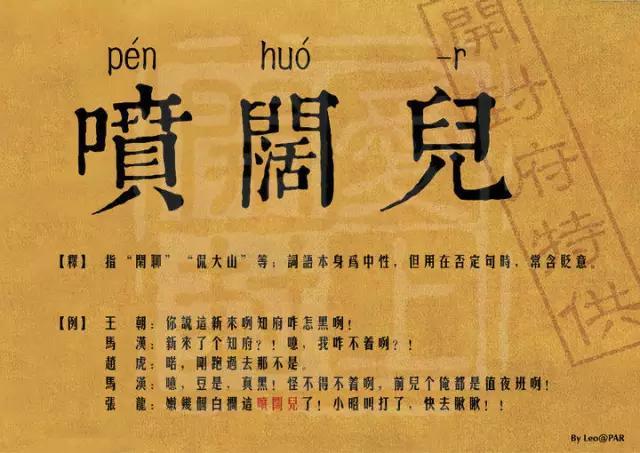selenium禁止页面加载javascript
最近爬取几个页面总是失败,遇到如下错误:
# The HTTP request to the remote WebDriver server for URL http://localhost:xxx/ session timed out after 60 seconds.后来发现原因是页面加载缓慢,debug发现页面其实已经在浏览器中成功渲染,只是还在等待一些后台javascript加载完毕,然后超时报错。
考虑到许多javascript都是广告、统计等一些附加内容,用selenium爬取页面时仅需要其中的html,无须等待所有javascript加载完毕。因此,想看看如何禁止ChromeDriver加载javascript,仅下载html。
搜了下"Selenium Disable JavaScript in ChromeDriver",发现了几种方案,最终用Page load strategy解决问题,小结一下各种方案的坑。
